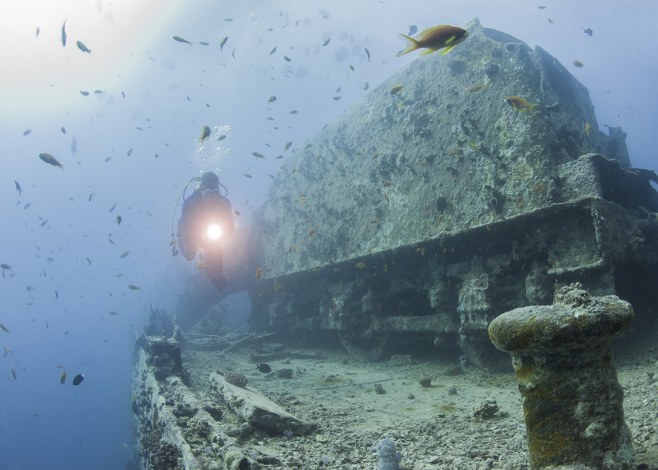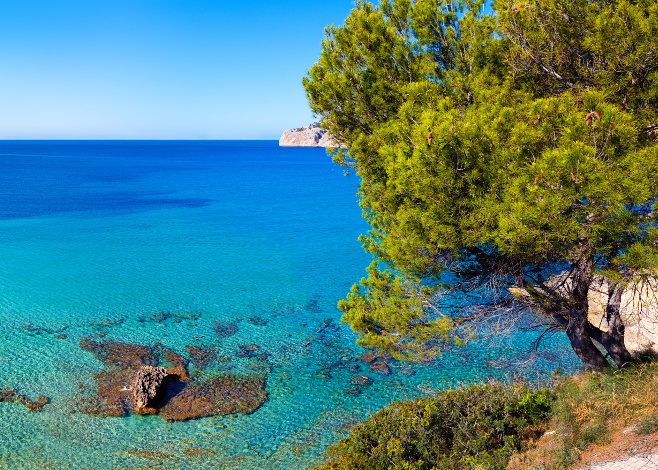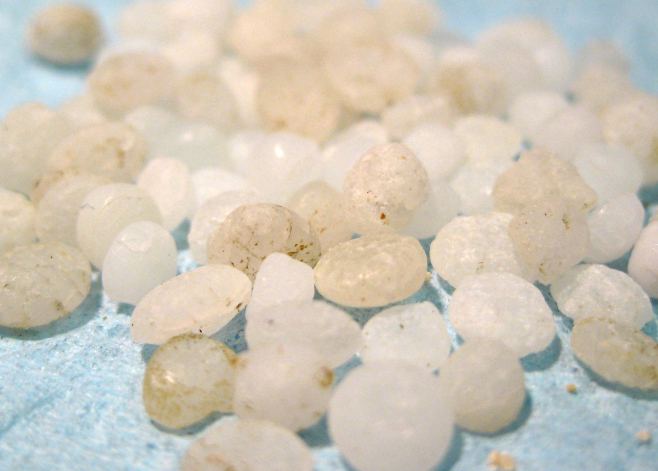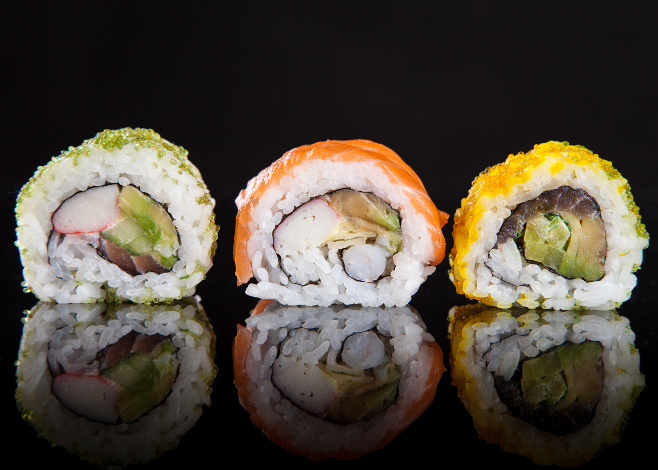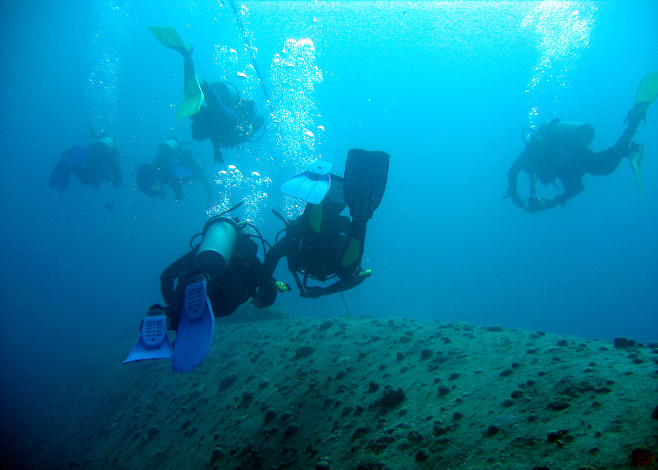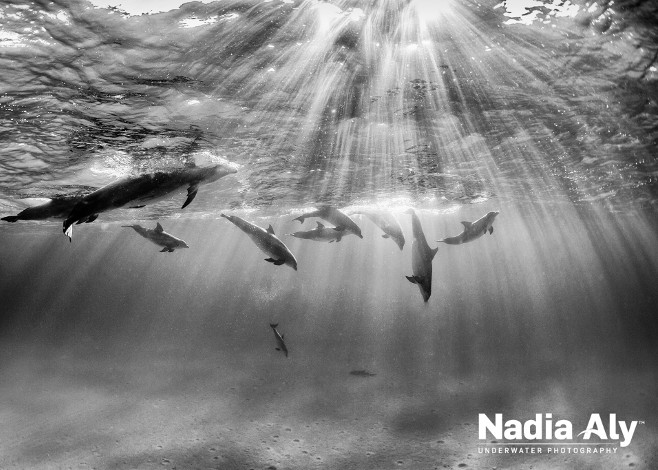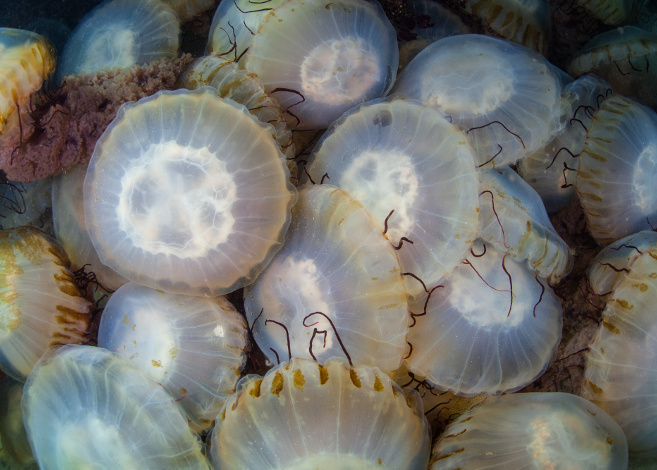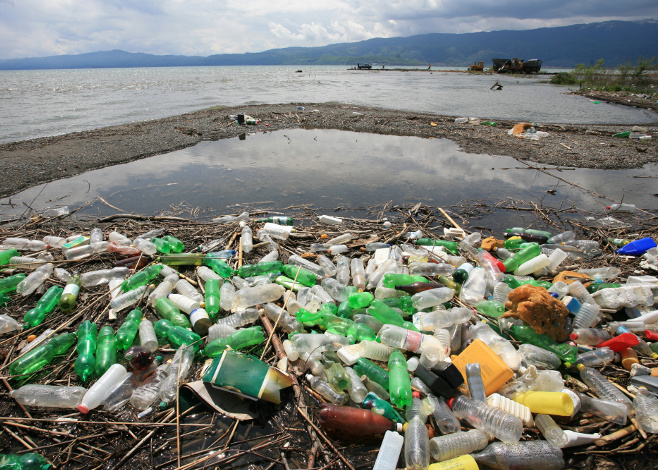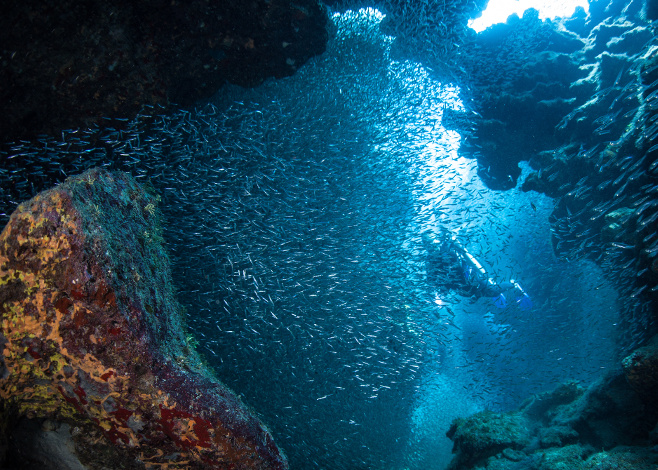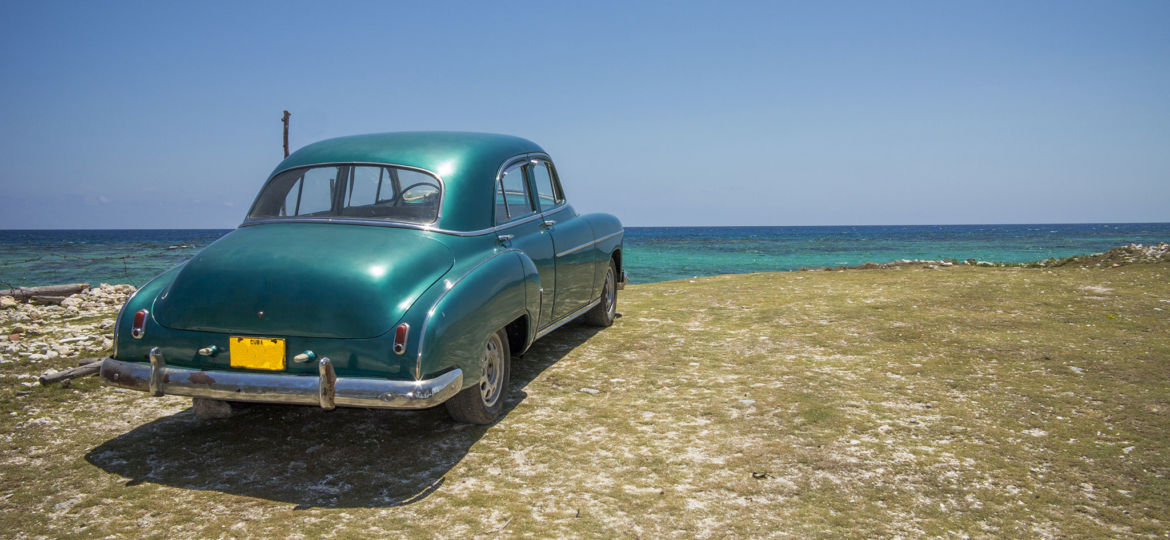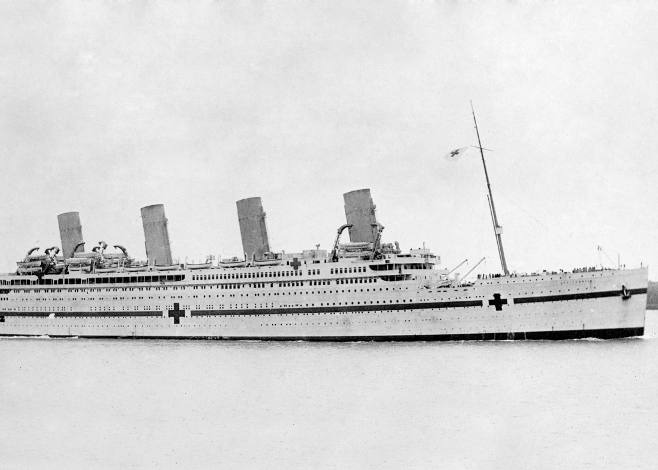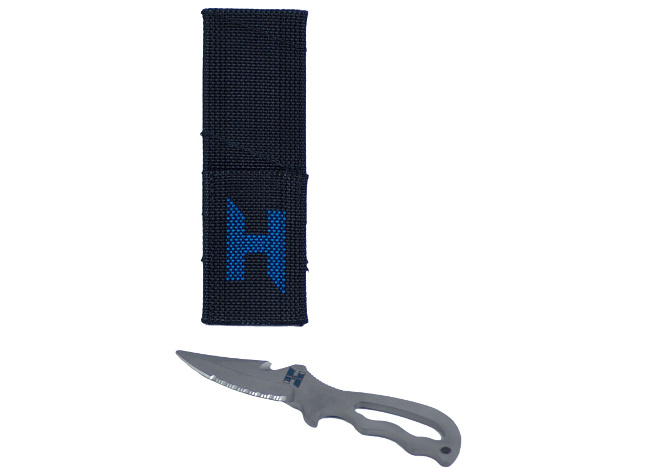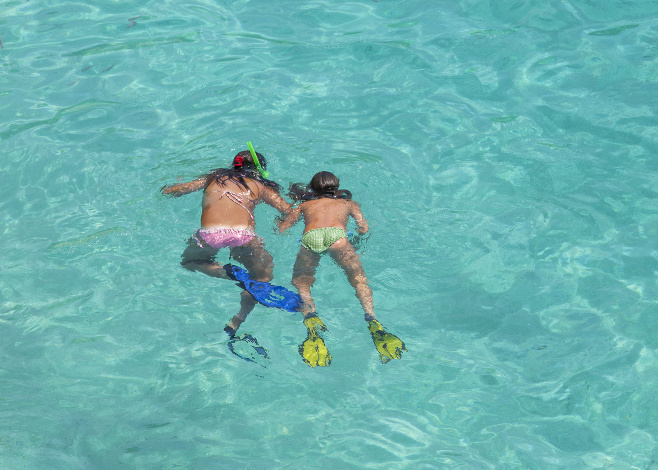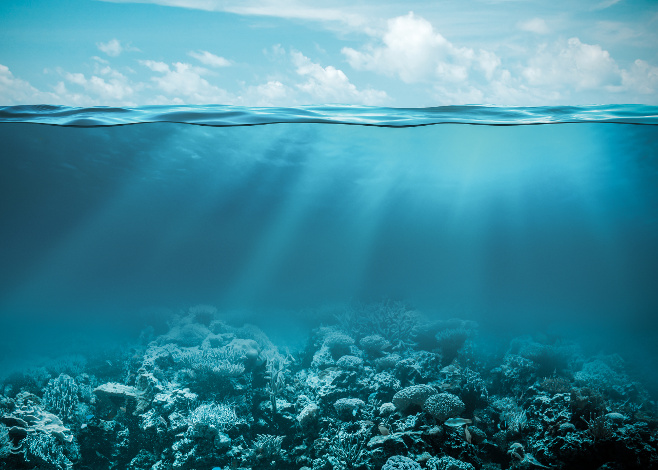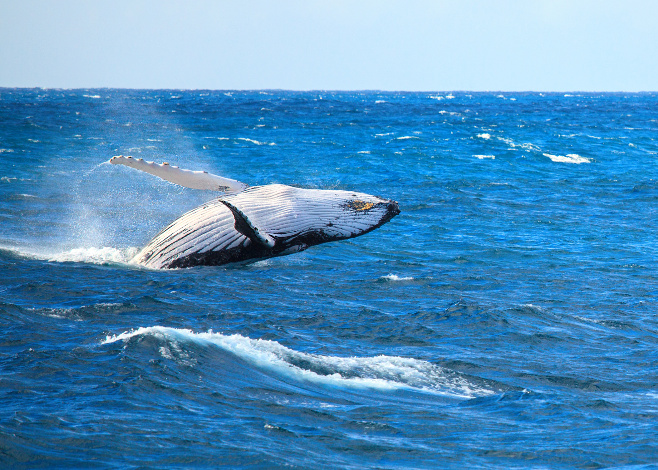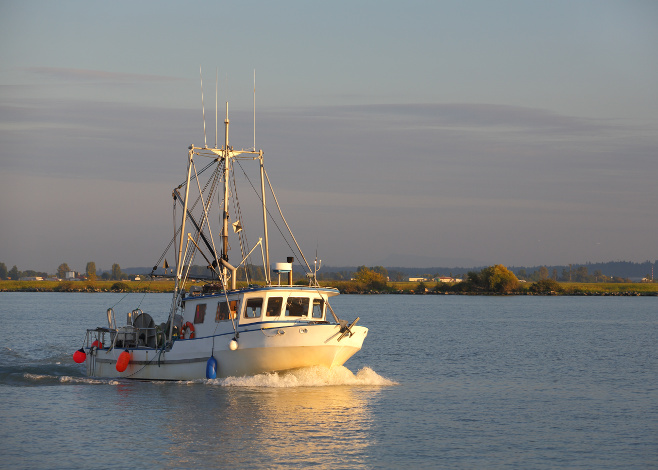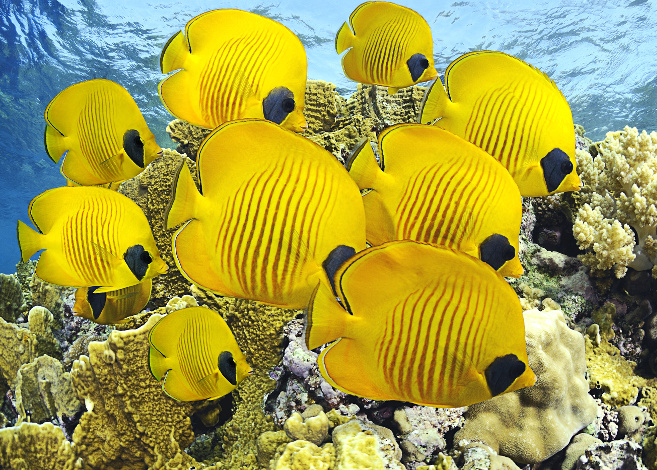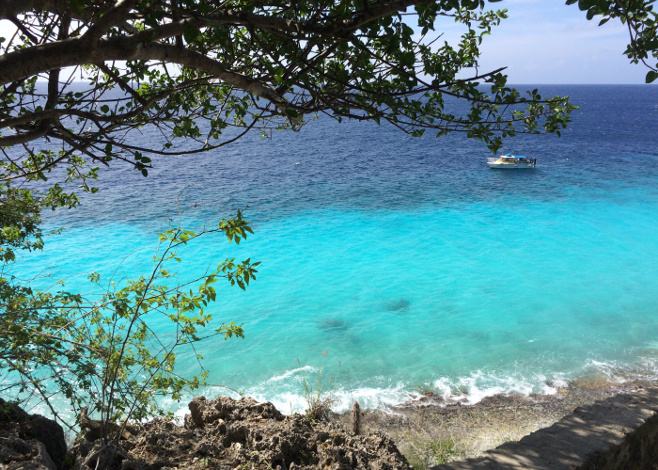Most divers who have visited the immensely popular wreck of the famous SS Thistlegorm in Egypt’s Red Sea have immediately fallen in love with it, but we are, in fact, killing it with our affections. The famous wreck is in peril, but a group of dedicated divers is trying to save it.
Thomas Gronfeldt
Environmentalist groups hope this will be springboard for increased marine protection in this biologically important area.
Plastic pollution may be even more pervasive in our oceans than we think — or can even see.
Danish sushi restaurant group Sticks ‘n’ Sushi is striving for sustainability
This wreck sits almost directly in the harbor of Hurghada, making it easy to reach for day boats and liveaboards alike, and offers great diving and an interesting bit of history.
While most animals simply pass by or hover at a distance, some are interested in interacting with divers, even being playful. Here are a few of the more playful of the bunch.
Uncovering the plastics’ sources is a major step in preventing more of it from polluting our oceans
Human error is one of the most common killers in risky activities such as scuba diving.
With international relations between Cuba and the U.S. thawing, one perhaps unexpected benefit is better protection for the marine environment in the water bodies between the two countries.
Sitting at 400 feet, the Titanic’s sister ship is accessible to only the most highly trained technical divers.
The best way to introduce your favorite sport to your children
In a step to protect marine wildlife, the state puts a ban on plastic microbeads
Oceana hopes that this win becomes a stepping stone for an entirely new way of approaching the fishing industry.
If you’re looking to go off the beaten path a bit while diving the Red Sea, venture south to the area around Marsa Alam for terrific results.
Actions such as these are desperately needed, as the majority of known shark species are, to some extent, endangered, and 30 percent are considered at risk of extinction.


